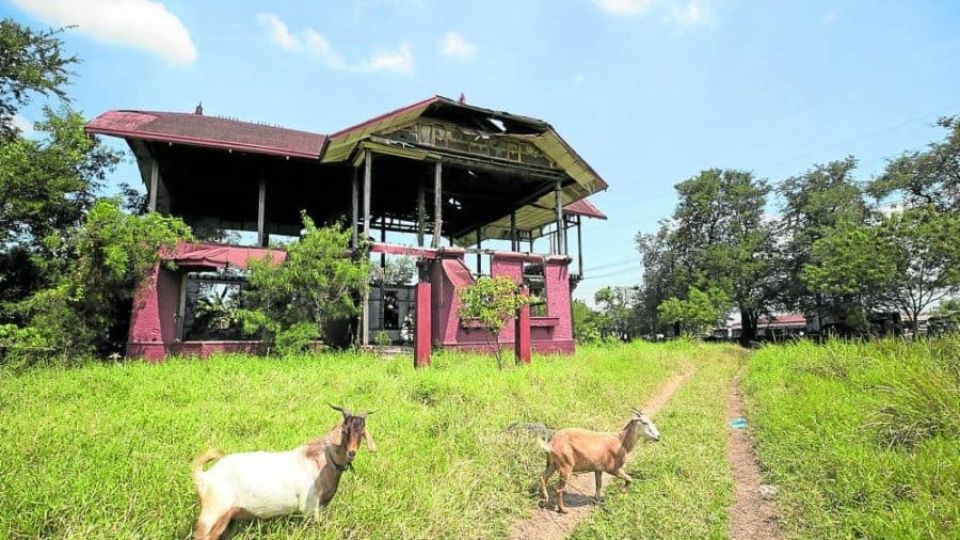May 12, 2023
CITY OF SAN FERNANDO — The government has reached out to help World War II sexual slavery victims in Pampanga province two months after the United Nations women’s rights committee found that the Philippines had failed to secure justice for them, the women’s group Kaisa-Ka said on Thursday.
In an interview, lawyer Virginia Lacsa Suarez, chair of Kaisa-Ka, said there was a standing order for Malacañang to help the group representing Malaya Lolas (Free Grandmothers) as contained in the UN Committee on the Elimination of Discrimination against Women (Cedaw). Kaisa-Ka has been leading the campaign to fight for the rights of the Malaya Lolas.
The Department of Social Welfare and Development (DSWD) stepped in to aid the 20 surviving women after Secretary Rex Gatchalian met with lawyers from Kaisa-Ka and the Center for International Law in the Philippines (CenterLaw) and Ana Maria Nemenzo of WomanHealth on May 5, Suarez said in a chat message.
Kaisa-Ka and CenterLaw brought the cases of the Malaya Lola to the Cedaw in 2019 after Philippine courts declined to support their legal actions in getting reparation and an official apology from Japan.Of the 24 complainants, three had died in the run up to the Cedaw decision on March 8. Another complainant, Natalia Alonzo, died last week.
Most of the 20 surviving Malaya Lolas are in their 90s now, and many are bedridden by ailments and old age.

FIGHT ‘TIL END Photographed on March 19, Natalia Alonzo, 94, was one the 24 Filipino “comfort
women” who fought for their rights at the United Nations. Before she died on May 1, Alonzo said she
was happy to hear that the UN favored their appeal for compensation and official apology. —TONETTE OREJAS
Payout
As of Thursday, the DSWD regional office in Central Luzon had yet to verify if the assistance to the Malaya Lolas was in line with the Cedaw or part of its regular program, or for the long haul.
A source in the regional agency confirmed that a payout was scheduled for Friday at 1 p.m. in the village of Mapaniqui, east of this Pampanga provincial capital.
According to Suarez, the DSWD was initially giving P10,000 to each of the living women, P5,000 to a grandchild who is still studying and P15,000 for a livelihood start-up fund.A different aid plan is being designed for those who died since they broke their silence about the Nov. 23, 1944, attack of the Imperial Japanese Army in Mapaniqui, a community in Candaba, Pampanga.
In 1996, 96 women spoke of their ordeals at “Bahay na Pula” (red house) in nearby Barangay Anyatam in San Ildefonso, Bulacan.
“This is a symbolic moment of victory for these victims who were previously silenced, ignored, written off and erased from history in the Philippines,” said Cedaw member Marion Bethel in a statement.She added: “The Committee’s views pave the way for restoring their dignity, integrity, reputation and honor.”
Cedaw requested that the Philippines provide the victims with full reparation, including compensation and an official apology for the continuing discrimination.
“This case demonstrates that minimizing or ignoring sexual violence against women and girls in war and conflict situations is, indeed, another egregious form of violation of women’s rights,” Bethel said.
“We hope that the Committee’s decision serves to restore human dignity for all of the victims, both deceased and living.”
In a landmark decision on March 8, Cedaw “found that the Philippines violated the rights of victims of sexual slavery perpetrated by the Imperial Japanese Army during the Second World War by failing to provide reparation, social support and recognition commensurate with the harm suffered.”
In the 19-page decision, which was posted on Cedaw’s website, the commission directed the Philippine government to submit within six months a written response, including information on any action it has taken and published the decision.
The cases that Malaya Lolas filed to seek state intervention had been dismissed up to the Supreme Court, leading them to file the complaints before the UN.


